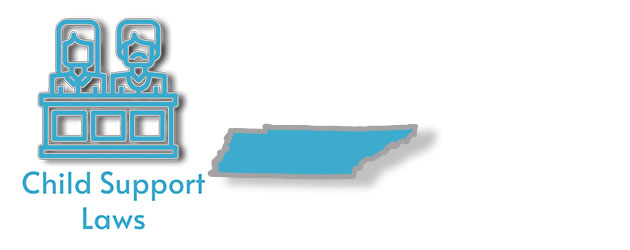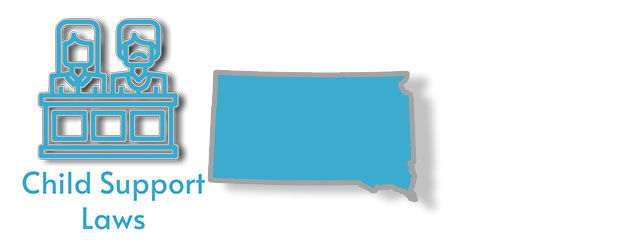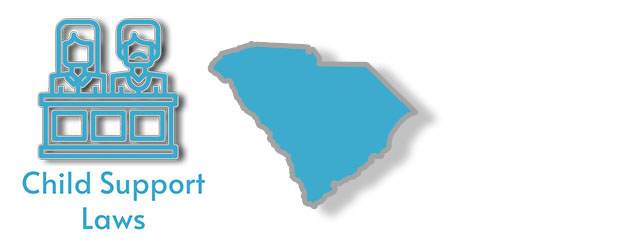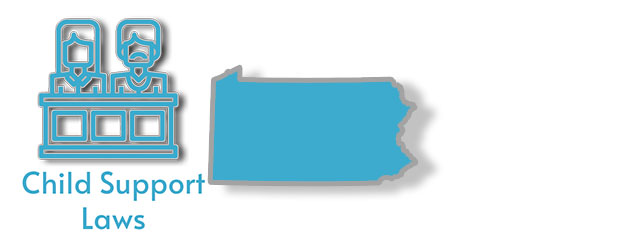Tennessee Child Support Laws
Tennessee child support laws allow the court system to enforce upkeep payments through jail time, fines, or criminal contempt charges. The vital question is not how the state enforces child support, but rather what can you do to guarantee that your child gets the emotional and financial support he or she needs for a healthy … Read more








